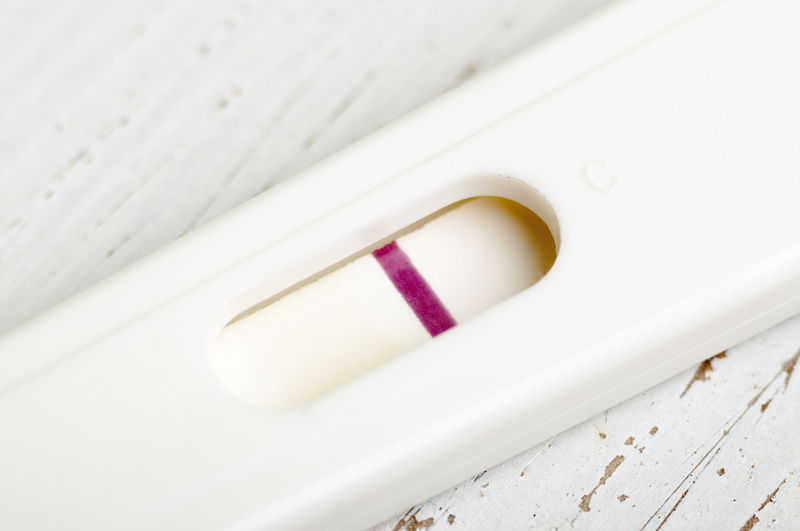You’ve decided that you are ready to build your family, you stop using contraception, and then the first pregnancy test is negative. Perfectly understandable, right? However, what happens when every pregnancy test comes back negative? What can couples do when a pregnancy that seemed so expected months ago isn’t happening?
The first thing you should do is stop panicking – really. Many, many couples expect pregnancy to come easy, but they find that the process either takes longer or requires some form of help. After all, so many women spend their 20s and early 30s actively working to prevent pregnancy, so they believe that conceiving will be both straightforward and immediate once they are ready to have a baby.
I can’t get pregnant; do I need to see a doctor?
One in eight couples will experience difficulty conceiving, according to RESOLVE: The National Infertility Association. The instinct may be to call your OB/GYN after that first negative pregnancy test, but doctors agree that if you are under the age of 35 there is no need to consult a physician until you’ve tried to conceive for a full year without success. If you are age 35 and older, you should wait around six months before seeking fertility testing and/or treatment.
Another important point to consider that that infertility can be attributed three different ways: one-third of cases stem from male factor causes, one-third female factor causes, and one-third unexplained causes. Women on the whole are not solely responsible for fertility concerns, both partners should consider consulting with a physician when the time is right.
It’s time to see a doctor. Who do I call first?
For many women, a simple first step is to visit with their gynecologist at PGOMG. Your PGOMG provider can discuss your concerns, and if applicable, provide an initial fertility evaluation. This evaluation will run through your medical history as well as your partner’s. If needed, diagnostic testing will follow the evaluation. If a fertility issue exists, your provider will discuss the treatment options available at PGOMG or whether a reproductive specialist is needed.
I have a medical condition that’s linked to infertility. What’s next?
Some women are already aware that they may need help getting pregnant due to a medical issue like endometriosis. Not all medical issues that correlate to infertility necessarily mean that you will not get pregnant, especially as modern fertility treatment options can help in some cases. Your PGOMG provider can assess whether medication or treatment can be given at PGOMG or if a reproductive specialist is also needed.
Contact PGOMG to discuss a fertility evaluation.


